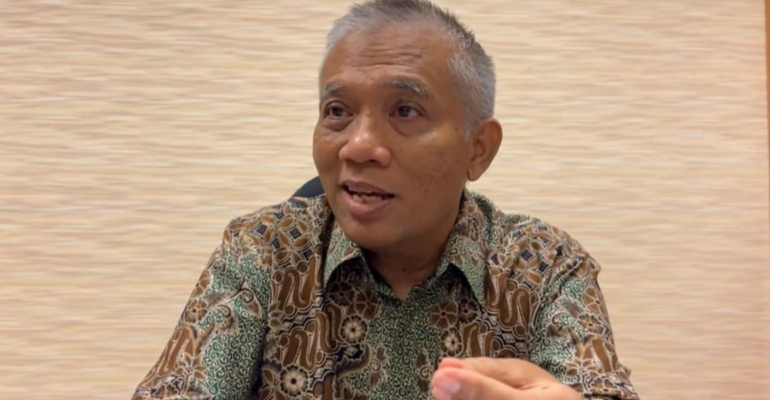IPB University Food Technology Expert: Plastic Rice Doesn’t Make Sense

Responding to the issue of plastic rice which is currently being discussed, IPB University Food Technology Expert, Prof Slamet Budijanto said that what has been claimed to be plastic rice is a hoax. In fact, even if it were true that plastic rice existed, it wouldn’t make sense.
“As a researcher, I can confirm that what is claimed to be plastic rice is a hoax. “Those are plastic granules/seeds, not rice,” he explained when interviewed at his office, Thursday (12/10).
The Professor of the Department of Food Science and Technology at IPB University emphasized that the term plastic rice should not exist. What currently exists is plastic pellets, they can come in various shapes, including resembling rice. “What went viral was actually plastic seeds, but they were called plastic rice. So it’s not rice,” he emphasized.
According to him, even if someone makes rice products from plastic, it doesn’t make sense. Because, to make plastic pellets requires production costs that are much more expensive than the current selling price of rice.
He said that the price of one kilogram of plastic pellets from recycling alone has reached IDR 20,000. More expensive than even premium rice, which currently costs around IDR 15,000.
“You can imagine, premium rice alone costs at most IDR 12,000 to IDR 15,000. If the recycled plastic is then shaped like rice, if you want to make a profit, how much do you want to sell it? “This clearly doesn’t make sense,” he explained.
In some cases, in making analog rice, glyceryn monostearate (GMS), which is a palm oil derivative product, is used. Some researchers call it a ‘plasticizer’ which functions to make it less sticky and more compact than analog rice products.
“It could be that this term is misinterpreted as plastic. “If so, this wrong perception must be corrected,” he explained.
He advised that incidents like this could be a lesson for society to be more careful and critical in responding to issues. Especially in the current era of information flooding, critical thinking is an important asset in deciding whether a piece of news is true or not.
“So, in this era of open information, our knowledge must be strengthened, so that if there is an issue like this, we are not consumed by hoax news. Without sufficient knowledge, we will not be able to filter which information is true and which is false, whether it makes sense or not. “Because of that, critical thinking is important,” said the Dean of the Faculty of Agricultural Technology (Fateta) IPB University.
Prof Slamet himself is the figure behind the analog rice innovation. The rice he makes is not made from rice, but from various other food sources such as corn, sweet potatoes, taro, sorghum and others. Even though it is not made from rice, analog rice can actually be an alternative food besides rice and has a multitude of health benefits. (Rz) (IAAS/Res)



